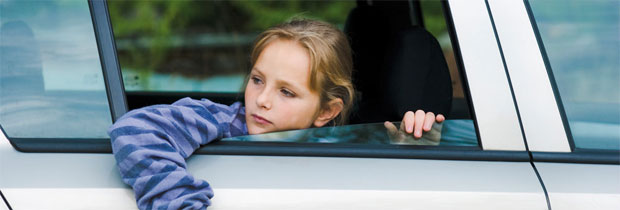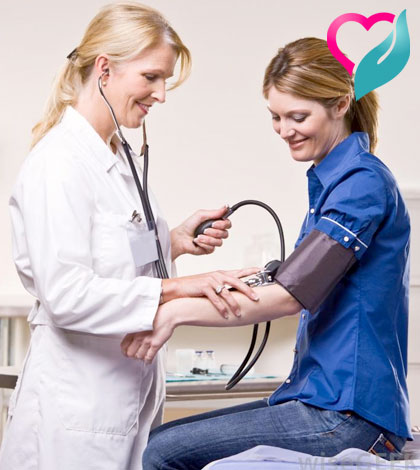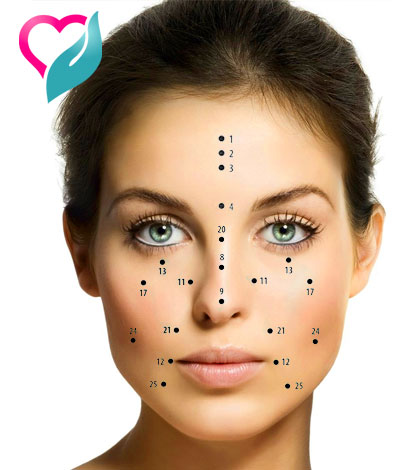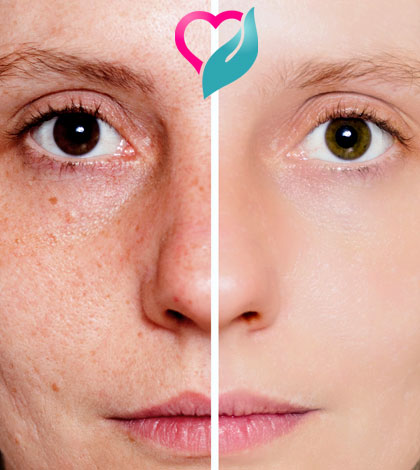“My toddler is always nauseated in the car.”
“My daughter is 5 years old and suffers from car sickness almost every time she travels unless she sleeps through the trip.”
[wp_ad_camp_1]
These are some of the complaints we could hear around commonly while discussing traveling. If you get car sick, you most likely dread every single extended road trip. Car sickness is just one kind of motion sickness (or kinetosis) that some people experience when they’re riding in an automobile. Dizziness, fatigue and nausea might make the trip miserable. So how do you go about preventing car sickness in the first place? Here are some ways to enjoy the ride, sickness-free.
What Causes Motion Sickness?
Motion sickness usually occurs when having “sensory conflict”, specifically a conflict between the eye and the ear. When feeling motion but not seeing it (for example, in a car with your eyes focused inside the car), the inner ear signals the brain that it senses motion and the car is moving, but the eyes tell the brain that everything is standstill because you are focused within the car. As a result, the brain gets conflicting signals and will come to the conclusion that one is hallucinating and further conclude that the hallucination is due to poison ingestion. To clear the supposed toxin, the brain responds by inducing vomiting.
[wp_ad_camp_4]
Symptoms
The symptoms of motion sickness are as follows:
- Sweating
- Vomiting
- Diarrhea
- Pale skin
- Headaches
- Dizziness
Diarrhea and sweating are not in themselves a result of motion sickness but can be due to nervous excitation.
[wp_ad_camp_2]
Tips to Avoid Car Sickness
1. Look out the front window. Watching the passing scenery can confirm your balance system’s detection of motion and help resolve the mismatch that causes car sickness. Focus on a non-moving object in the distance, such as the horizon. Don’t do anything that involves focusing on a fixed spot, such as reading or playing a card game. Don’t turn around or look from side to side much.
2. Sit in the front. Consider driving (if possible). Drivers rarely get car sickness as they are always focused on the road. Sitting in the passenger’s seat up front is the next best thing. Not only will you have more window space to look through, but in some cars, the ride tends to be less bumpy in the front. If driving is not possible or desirable, visualize driving or pretend you are driving. This can often prevent or alleviate nausea.
3. Close your eyes. Sleep if you can. If your eyes are closed, you don’t see anything, and that removes the cause of motion sickness. In addition, sleeping can take your mind off your car sickness.
4. Get them to drink plenty of water instead of soda. Water keeps the body hydrated and the perceived “toxin” in the body gets counteracted.
5. Do not sit facing backwards from your direction of travel.
6. Avoiding strong food odors may also help prevent nausea.
7. Do not read while traveling if you are prone to motion sickness.
8. Isolate yourself from others who may be suffering from motion sickness. Hearing others talk about motion sickness or seeing others becoming ill can sometimes make you feel ill yourself.
9. Open the window. Many people find smelling fresh, cool air helps make them feel better, although the reason behind this isn’t clear. If it is not possible to open the window, lean towards the bottom of the window and breathe. There should be leaks of air. Some people find that certain smells can make them feel worse (such as car air fresheners, perfumes, smoke, and food). Remove the source of the smell if possible, or keep fresh air coming in. If neither is possible, spray a soothing smell like lavender or mint to cover up other odors.
10. Don’t wear tight clothes. Loose clothing is preferable and more comfortable.
11. Wear dark sunglasses to make your eyes less sensitive to flicker.
12. Watch your consumption of foods, drinks, and alcohol before and during travel. Avoid excessive alcohol and foods or liquids that “do not agree with you” or make you feel unusually full. Heavy, spicy, or fat-rich foods may worsen motion sickness in some people.
13. Take breaks. Go outside to stretch your legs. Sit on a bench or under a tree and take some deep breaths in through your mouth, breathing deeply from your stomach to help relax. This is especially important during journeys that involve a long distance of curvy roads. Not only does stopping frequently help alleviate car sickness, but it is also good for the driver to keep himself sane.
14. Don’t shake your head.
15. Listen to music (with earphones), use MP3 player or similar kind. Your favorite music can manipulate inner ear to brain relay which usually causes nausea. And you know what, it actually works!
16. Help prevent car sickness in children by giving them a raised seat where they have a clear view of the outdoors, and play games that encourage them to look outwards. Don’t let them watch movies in the car as it can trigger car sickness.
17. Don’t concentrate on any writing or anything inside the car for too long as this may cause car sickness.
18. Don’t eat a heavy meal or consume alcohol right before you take off on your trip. Some find that eating chocolate in the morning before taking the trip can make car sickness worse as well.
Some Home Remedies
Ginger: Since nausea is the most debilitating symptom of car sickness, it’s always good to take precautionary measures. Ginger root is a classic remedy because of its widely recognized antiemetic (nausea-preventing) effects. Keep in mind, however, that many medications which are normally effective against nausea might not work against nausea caused by motion sickness.
Eat a few ginger biscuits (cookies) before you go, during the journey, and after you arrive.
Other good things to try eating are ginger candies (chewable), ginger coated in sugar (if you don’t mind the heat of ginger) or ginger mints.
Another home remedy for motion sickness is taking olives as it contains tannin, which keeps nausea at bay. It can be taken as soon as you begin to feel the symptoms.
If you are traveling long distance, you could also consider taking ginger tea in a thermos. Peppermint tea is another good alternative.
Fresh mint can also cure or alleviate nausea. Buy it in the produce section of the supermarket. It doesn’t have the drowsiness side-effect of over-the-counter nausea medicine. Start by eating 2 leaves and feel free to eat more if you need.
Keep a peppermint candy (or just about any long lasting hard candy) in your mouth. This method will work very well even after feelings of nausea have begun. Do not chew the candy because feelings of nausea may return fairly quickly after the candy is gone. For those whose nausea is worsened by the smell or taste of peppermint, lemon drops may prove helpful.
Eat saltines or other slightly salty snacks.
Sucking on a slice of lemon can also keep motion sickness at bay.
[wp_ad_camp_3]
Image courtesy: intentblog.com , lampeberger.us












